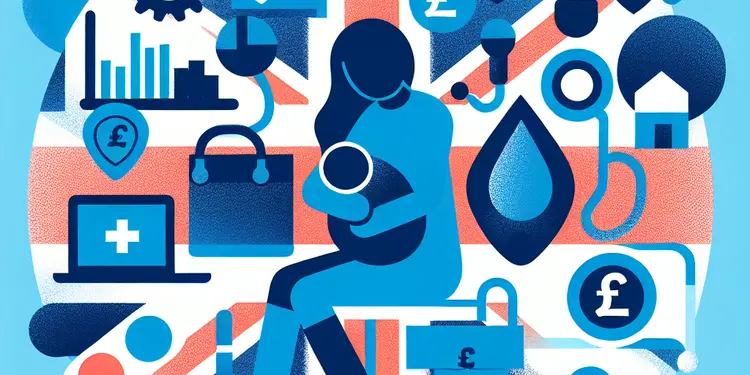
Find Help
More Items From Ergsy search
-
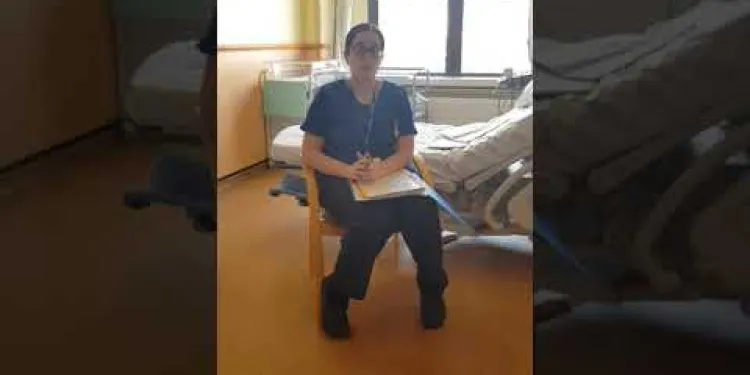
Postnatal Depression
Relevance: 100%
-
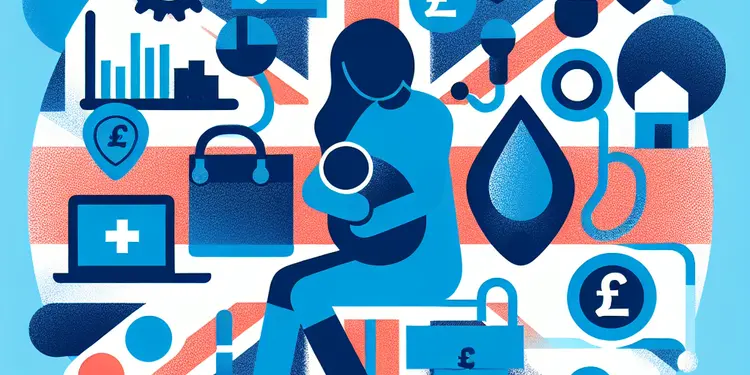
How is postnatal depression diagnosed?
Relevance: 98%
-
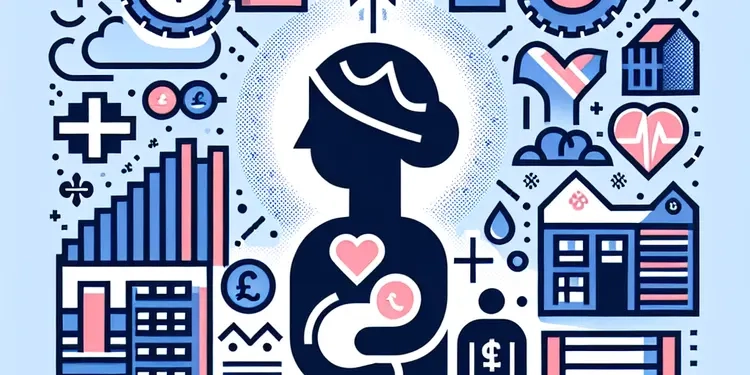
What is postnatal depression?
Relevance: 96%
-

Is postnatal depression a long-term condition?
Relevance: 96%
-
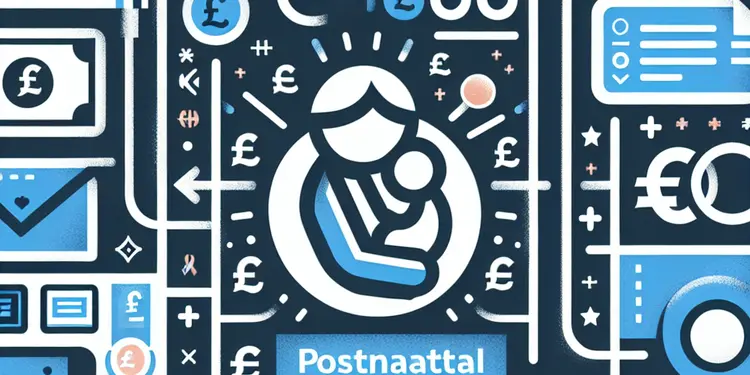
Is postnatal depression preventable?
Relevance: 93%
-

What causes postnatal depression?
Relevance: 92%
-
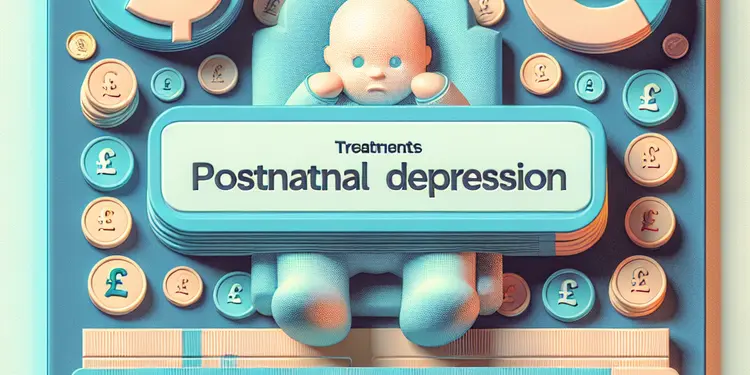
Are there treatments available for postnatal depression?
Relevance: 92%
-

Postnatal Depression - Leanne's Story
Relevance: 91%
-

What are the symptoms of postnatal depression?
Relevance: 91%
-
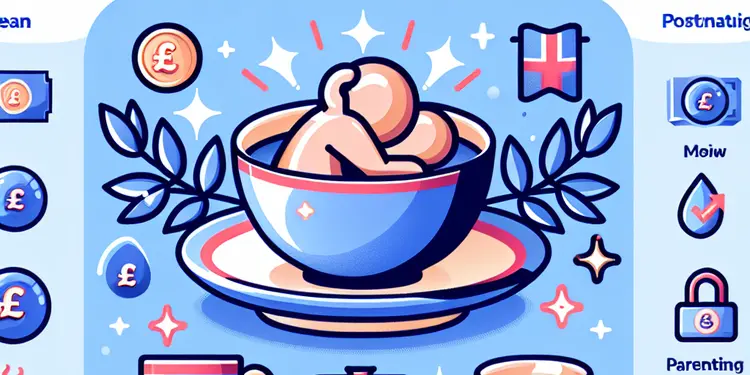
Are there support groups for postnatal depression?
Relevance: 91%
-

Can fathers experience postnatal depression?
Relevance: 90%
-
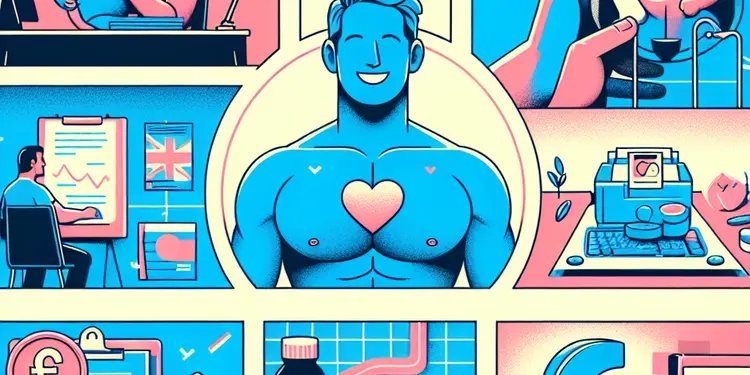
Is medication necessary for treating postnatal depression?
Relevance: 87%
-

Should someone with postnatal depression seek professional help?
Relevance: 87%
-
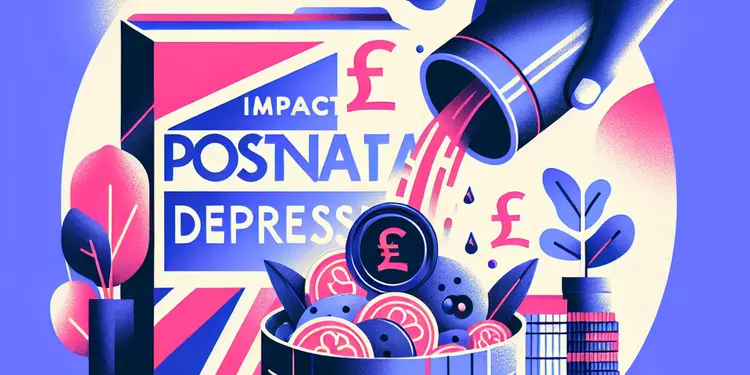
Can diet impact postnatal depression?
Relevance: 86%
-
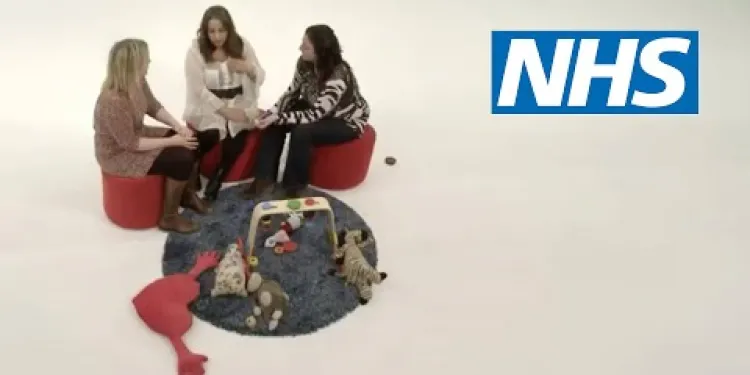
How do I know if I have postnatal depression? | NHS
Relevance: 85%
-

Can lifestyle changes help with postnatal depression?
Relevance: 85%
-
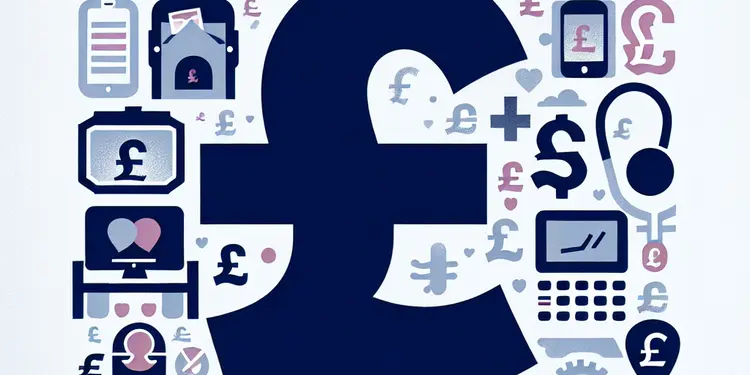
What should I do if I suspect I have postnatal depression?
Relevance: 85%
-
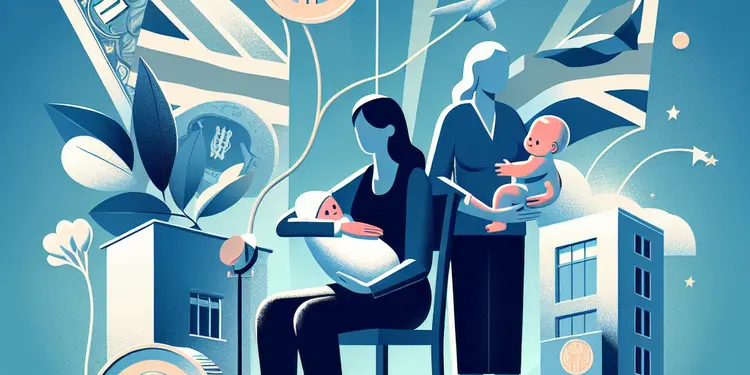
Can postnatal depression recur after treatment?
Relevance: 84%
-

Can postnatal depression affect subsequent pregnancies?
Relevance: 84%
-
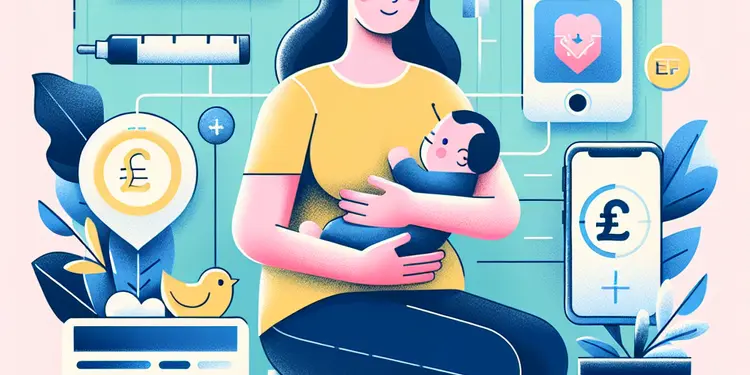
How is postnatal depression different from the 'baby blues'?
Relevance: 84%
-
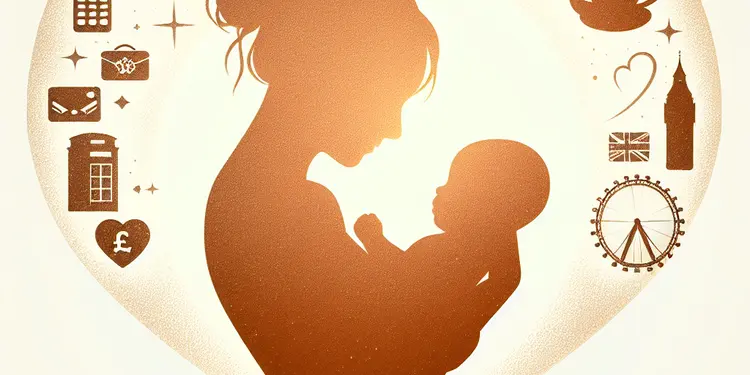
How does postnatal depression affect bonding with the baby?
Relevance: 81%
-
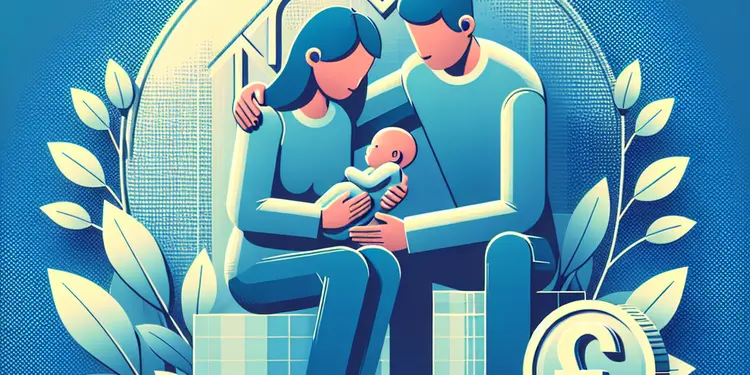
How can family members support someone with postnatal depression?
Relevance: 75%
-
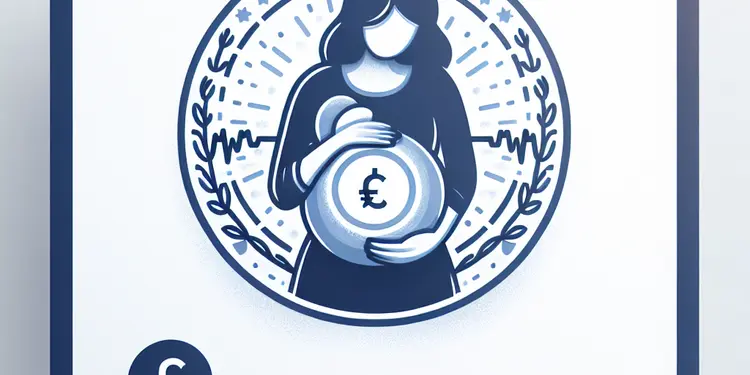
How soon after childbirth can postnatal depression occur?
Relevance: 57%
-

Treating anxiety and depression - www.slam.nhs.uk
Relevance: 40%
-

Clinical depression: Lawrence's story | NHS
Relevance: 40%
-
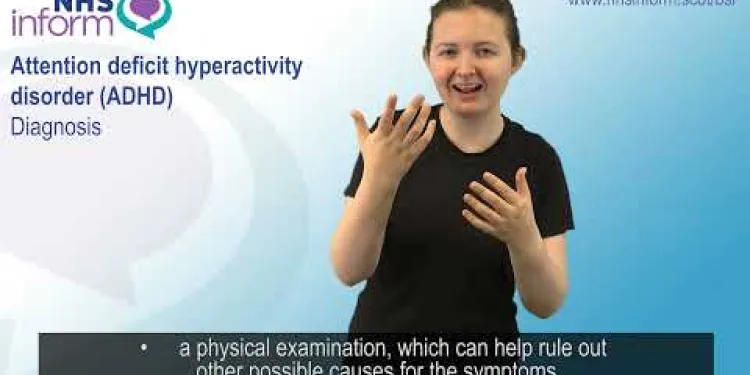
Attention deficit hyperactivity disorder (ADHD) - Diagnosis
Relevance: 39%
-
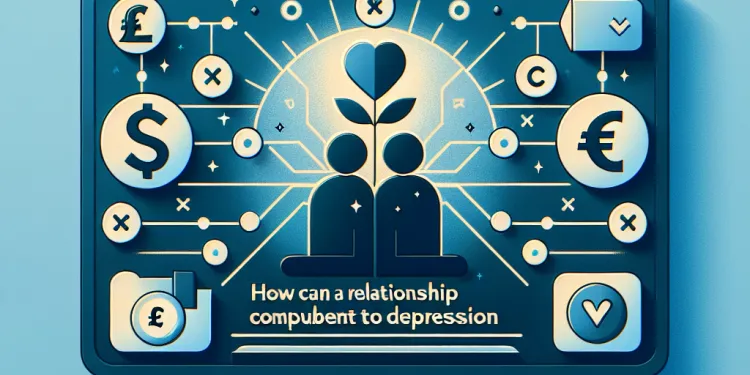
How can a relationship contribute to depression?
Relevance: 38%
-
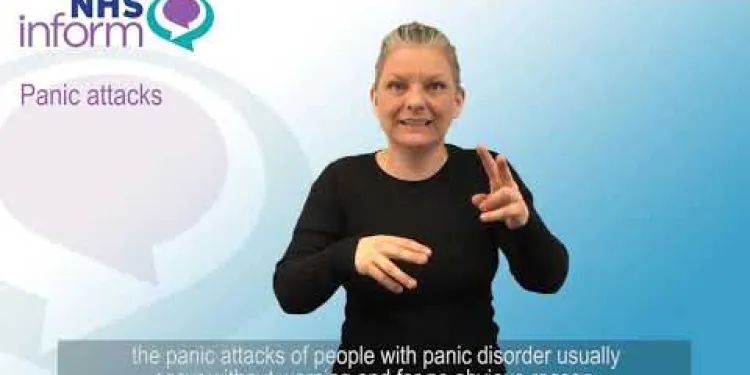
BSL - Diagnosis of panic disorder
Relevance: 38%
-
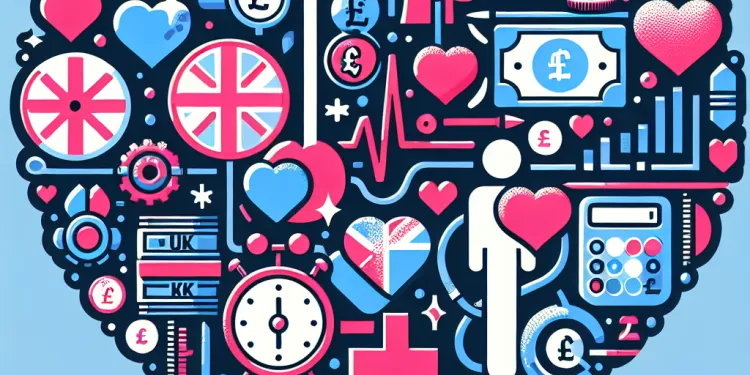
What are the signs that my relationship is making me depressed?
Relevance: 38%
-
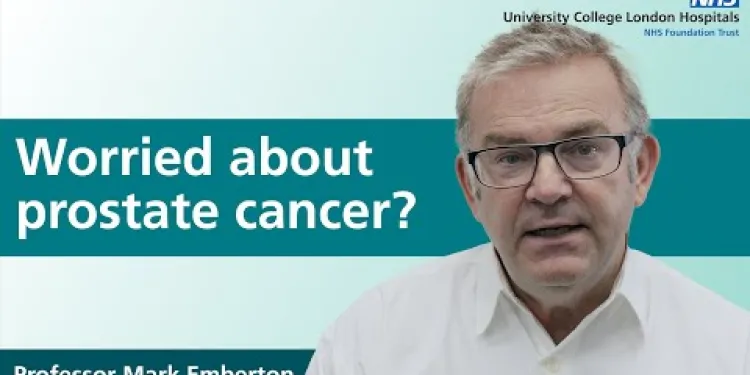
Prostate cancer diagnosis and tests
Relevance: 36%
-

Can physical symptoms be linked to relationship-induced depression?
Relevance: 36%
-

Head and Neck Cancer Diagnosis
Relevance: 36%
-
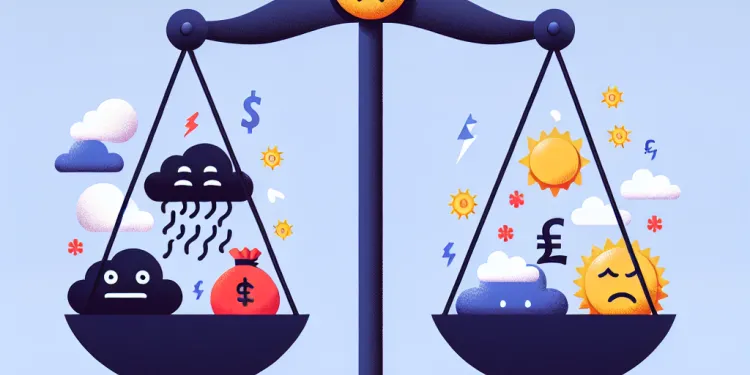
What role do unhealthy dynamics play in causing depression?
Relevance: 36%
-

Are there any self-care strategies to cope with relationship-induced depression?
Relevance: 35%
-
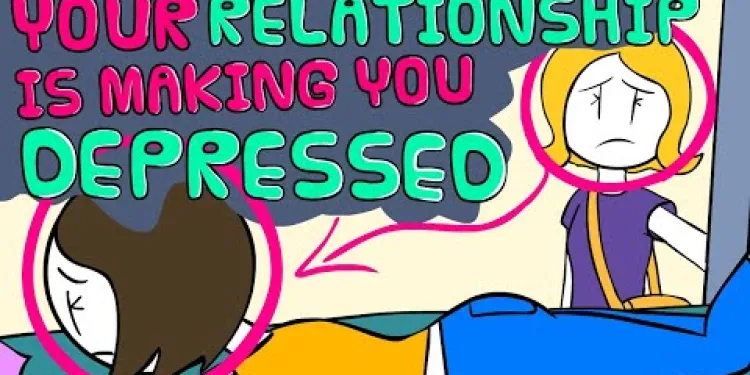
7 Signs Your Relationship is Making You Depressed
Relevance: 35%
-

I couldn't celebrate Hibs beating Hearts because I was that depressed
Relevance: 34%
-
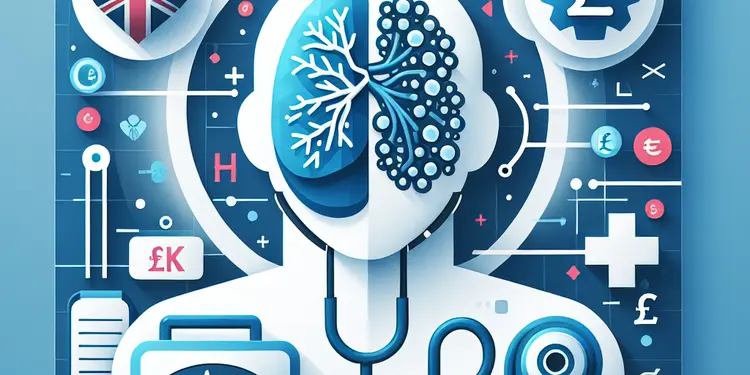
Are AI systems used alone in lung cancer diagnosis or alongside human radiologists?
Relevance: 34%
-
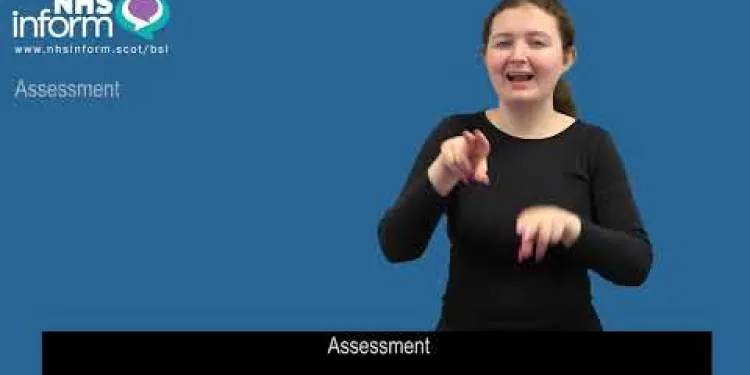
BSL - Diagnosis of obsessive compulsive disorder (OCD)
Relevance: 32%
-

What should I do if my partner dismisses my feelings of depression?
Relevance: 32%
-

What is the life expectancy after a motor neurone disease diagnosis?
Relevance: 29%
Understanding Postnatal Depression
Postnatal depression, also known as postpartum depression, is a type of mood disorder that affects women after childbirth. It's crucial to detect and treat this condition early since it can have a significant impact on both the mother and her family's well-being. In the UK, healthcare professionals follow specific guidelines to diagnose and manage postnatal depression effectively.
Initial Assessment and Screening
The first step in diagnosing postnatal depression usually involves an initial assessment by a healthcare professional, such as a GP, midwife, or health visitor. During routine postnatal check-ups, these professionals inquire about the mother's mental health by asking specific questions designed to identify symptoms of depression.
One commonly used tool in the UK for screening is the Edinburgh Postnatal Depression Scale (EPDS), a simple questionnaire that helps gauge the severity of depressive symptoms. The EPDS consists of 10 questions related to mood and emotional well-being, with each answer scored from 0 to 3. A higher score indicates a greater likelihood of depression.
Clinical Evaluation
If initial screenings suggest the possibility of postnatal depression, a more comprehensive clinical evaluation is recommended. This evaluation involves a detailed discussion with the healthcare provider about the mother's symptoms, their duration, and their impact on daily functioning and quality of life.
Healthcare professionals will look for specific symptoms such as persistent sadness, loss of interest in usual activities, fatigue, changes in appetite or sleep patterns, difficulty bonding with the baby, and feelings of guilt or inadequacy. Both the timing and persistence of these symptoms post-birth are key factors in diagnosis.
Criteria for Diagnosis
To formally diagnose postnatal depression, professionals typically refer to criteria outlined in diagnostic manuals such as the International Classification of Diseases (ICD) or the Diagnostic and Statistical Manual of Mental Disorders (DSM). In the UK, the ICD-10 criteria are commonly used, which involve the presence of a specific number and combination of depressive symptoms over a defined period.
Once diagnosed, the healthcare provider will determine the severity of the postnatal depression—categorized as mild, moderate, or severe—and decide on an appropriate treatment plan. This plan may include psychological therapies, medication, or a combination of both, depending on individual needs.
Importance of Early Detection
Early detection and treatment of postnatal depression are crucial for the well-being of both mother and child. Without proper intervention, postnatal depression can lead to long-term psychological and developmental issues, affecting the whole family. Therefore, it's important for new mothers to attend all postnatal appointments and openly communicate with healthcare professionals about their mental health.
Family members and partners also play a critical role by being supportive and attentive to any signs of postnatal depression, encouraging the mother to seek help if needed. In the UK, resources such as the NHS helplines and support groups are also available to aid mothers in their recovery journey.
Understanding Postnatal Depression
Postnatal depression is a kind of sadness that happens to some mothers after having a baby. It is really important to find and help these mothers early. This is because it can affect both the mum and her family. In the UK, doctors and nurses have special rules to help mums with postnatal depression.
Initial Assessment and Screening
To find out if a mum has postnatal depression, doctors, midwives, or health visitors usually ask some questions during check-ups. They check how the mum is feeling. One tool they use is the Edinburgh Postnatal Depression Scale (EPDS). This is a list of 10 simple questions about how the mum is feeling. Each answer gets a score. If the score is high, there might be a problem.
Clinical Evaluation
If the first check shows the mum might be depressed, doctors will talk more with her. They will ask about how she's been feeling, for how long, and how it affects her life. They look for signs like feeling very sad, not enjoying things, being very tired, eating or sleeping problems, not bonding with the baby, and feeling guilty. They also check how long these feelings have lasted.
Criteria for Diagnosis
To say for sure that a mum has postnatal depression, doctors use special books like the International Classification of Diseases (ICD). In the UK, they often use the ICD-10 book. This book helps doctors know what signs to look for and how long they should last. Once they know the mum has postnatal depression, they decide how bad it is: mild, moderate, or severe. They then make a plan to help her. This could be talking therapy, medicine, or both.
Importance of Early Detection
Finding and treating postnatal depression early is very important. It helps both the mum and the baby. If it’s not treated, it can cause problems later on. So, new mums should always go to their check-ups and tell their doctors how they feel. Families can help by being supportive and telling the mum to get help if she needs it. In the UK, there are also NHS helplines and groups that can help mothers get better.
Frequently Asked Questions
What is postnatal depression?
Postnatal depression is a type of mood disorder that affects some women after childbirth, characterized by feelings of extreme sadness, anxiety, and exhaustion.
How is postnatal depression diagnosed?
Postnatal depression is diagnosed through a combination of patient interviews, medical history, and standard questionnaires or screening tools used by healthcare professionals.
Which healthcare professionals are involved in diagnosing postnatal depression?
General practitioners, obstetricians, midwives, and mental health specialists such as psychiatrists and psychologists can diagnose postnatal depression.
What questions might be asked during a postnatal depression evaluation?
Questions may include inquiries about mood, changes in sleeping or eating patterns, feelings of guilt or worthlessness, and interest in daily activities.
What are some common symptoms of postnatal depression?
Symptoms include persistent sadness, fatigue, difficulty bonding with the baby, anxiety, irritability, and changes in appetite or sleep.
Are there specific screening tools used for diagnosing postnatal depression?
Yes, tools such as the Edinburgh Postnatal Depression Scale (EPDS) are commonly used to screen for postnatal depression.
How long can postnatal depression last?
Postnatal depression can last for several weeks or months, and without treatment, it can persist for a year or more.
Can postnatal depression occur at any stage after childbirth?
Yes, postnatal depression can start any time during the first year after delivery, though it most commonly begins within the first few weeks.
How is the Edinburgh Postnatal Depression Scale (EPDS) used?
The EPDS is a 10-question survey that assesses a mother's mood, and a high score indicates the need for further evaluation by a healthcare provider.
Are blood tests used to diagnose postnatal depression?
Blood tests are not used to diagnose postnatal depression but may be done to rule out other medical conditions that could cause similar symptoms.
Is postnatal depression the same as the 'baby blues'?
No, the 'baby blues' are a mild, short-term condition affecting up to 80% of new mothers, while postnatal depression is more severe and lasts longer.
Is it possible for partners to experience postnatal depression?
Yes, partners and fathers can also experience perinatal mood disorders, including depression, although this is less common.
Do all new mothers get screened for postnatal depression?
Many healthcare providers perform routine screenings, but practices vary by region and healthcare system.
What should someone do if they suspect they have postnatal depression?
They should contact a healthcare provider to get a proper assessment, diagnosis, and support.
How do healthcare providers differentiate between anxiety and postnatal depression?
Providers assess severity, frequency, and impact of symptoms, often noting that anxiety may present with excessive worry or panic attacks, while depression involves persistent sadness and a lack of interest.
Can lifestyle changes impact the likelihood of developing postnatal depression?
While lifestyle changes can support better overall well-being, they may not prevent postnatal depression, which often has complex causes.
What role does a patient's medical history play in diagnosing postnatal depression?
A history of depression, other mental health disorders, or prior episodes of postpartum depression can increase the risk and aid in diagnosis.
Is family support important in diagnosing and managing postnatal depression?
Yes, family can provide crucial support, and their observations can assist healthcare providers in the diagnostic process.
Can therapy alone effectively treat postnatal depression?
Therapy, particularly cognitive-behavioral therapy, can be effective, but some may also require medication or a combination of treatments.
Is medication always recommended for postnatal depression?
Not always; treatment depends on severity and patient circumstances, with healthcare providers evaluating the best options for each individual.
What is postnatal depression?
Postnatal depression is when a person feels very sad after having a baby.
This can happen to mums and dads.
People might feel tired, worried, or not interested in things they used to enjoy.
If you feel like this, it's important to talk to someone who can help, like a doctor or a friend.
Using pictures or simple stories can help you understand more about feelings.
After having a baby, some mums feel very sad, worried, and tired. This is called postnatal depression. It is when a mum feels really down after the baby is born.
How do doctors know if a mom has postnatal depression?
Postnatal depression is when a mom feels very sad after having a baby. Here’s how doctors find out if she has it: - **Talking with the mom**: The doctor will ask the mom questions about how she feels. - **Listening to feelings**: The mom will tell the doctor if she feels very sad, tired, or worried a lot. - **Checking a list**: The doctor may use a checklist of feelings and symptoms to help figure it out. If you need help understanding, you can: - **Ask a family member or friend**: They can talk with you about it. - **Use a feelings chart**: Look at pictures or use a chart to show how you feel. - **Bring a list to the doctor**: Write down your feelings before visiting the doctor. These steps can help the doctor know how to make you feel better.Doctors find out if someone has postnatal depression by talking to them, looking at their medical history, and using special quizzes or checklists.
If you find reading hard, try: - Asking someone to read with you - Using a highlighter to mark important words - Listening to audiobooks - Taking breaks if you’re feeling tired
Who helps find out if a new mom has postnatal depression?
1. **Doctors**: These are the people who help when you are sick.
2. **Nurses**: They take care of you and help the doctors.
3. **Midwives**: They help moms before and after the baby is born.
4. **Therapists or Counsellors**: They talk to people about how they feel.
If you think you might have postnatal depression, tell someone you trust. They can help you speak to one of these people.
Using apps to track feelings can also help.
Doctors, pregnancy doctors, nurses who help with childbirth, and mental health helpers like psychiatrists and psychologists can find out if someone has postnatal depression.
What questions might be asked about feeling sad after having a baby?
When you talk to a doctor or a nurse about feeling sad after having a baby, they might ask you some questions. These are to help them understand how you feel and what kind of help you need.
Here are some questions they might ask:
- Do you often feel very sad or cry a lot?
- Do you feel tired all the time, even after sleeping?
- Do you have trouble sleeping at night?
- Do you find it hard to enjoy things you used to like?
- Do you feel worried or anxious a lot?
- Do you find it hard to take care of your baby?
- Do you sometimes think you might hurt yourself?
It’s important to answer honestly so they can help you. It’s okay to ask someone to go with you for support. You can also bring something to write with, like a pen and paper, to help you remember what you want to say or ask.
Questions might ask about how you feel, if your sleep or eating habits have changed, if you feel guilty or not good enough, and if you enjoy your daily activities.
What are the common signs of feeling sad after having a baby?
After a baby is born, some mothers feel very sad. This is called postnatal depression. It is important to know the signs so you can get help.
Here are some signs that a mother might be feeling sad:
- Feeling sad most of the time.
- Not wanting to do things she used to enjoy.
- Feeling tired all the time.
- Having trouble sleeping, even when the baby sleeps.
- Feeling very worried or scared.
- Finding it hard to look after the baby.
If you think you or someone you know is feeling this way, it is important to talk to a doctor. They can help you feel better.
Things that can help:
- Talking to a friend about how you feel.
- Asking family for help with the baby.
- Spending some time doing things you like.
Signs of feeling unwell can be:
- Feeling sad a lot
- Feeling very tired
- Finding it hard to feel close to your baby
- Feeling worried
- Getting easily upset or angry
- Eating or sleeping more or less than usual
Here are some things that might help:
- Talk to someone you trust
- Try to eat healthy meals
- Make time to rest
- Do some light exercise, like walking
- Ask for help if you need it
Are there special tests to find out if someone has postnatal depression?
After having a baby, some people feel very sad. This is called postnatal depression. Doctors can use special tests to help find out if someone has these feelings. These tests have questions that help doctors understand how someone is feeling.
If you or someone you know seems very sad after a baby is born, it's important to talk to a doctor. They can help with the right support and treatment.
Yes, doctors use a tool called the Edinburgh Postnatal Depression Scale (EPDS). This tool helps to check if someone might have postnatal depression after having a baby.
How long can you feel sad after having a baby?
After having a baby, some people feel very sad or upset. This is called postnatal depression.
Everyone is different, so it can last for a different amount of time for each person. Some people might feel better in a few weeks or months. For others, it might take longer.
If you feel sad for a long time, it is important to talk to someone who can help, like a doctor.
Using kind words with yourself and talking to friends or family can help. Sometimes writing down your feelings in a diary can help too.
After having a baby, some parents feel very sad. This can last for a few weeks, or even months. If they don't get help, they might feel this way for a year or longer.
Can a mom feel sad or upset after having a baby?
Yes, a mom can feel sad after her baby is born. This can happen any time after having the baby.
If you feel like this, try talking to someone you trust. They can help you find the right support.
Yes, feeling very sad after having a baby can happen any time in the first year. It usually starts in the first few weeks.
How do people use the Edinburgh Postnatal Depression Scale (EPDS)?
The EPDS is a set of 10 questions. It helps check how a mom is feeling. If the score is high, it means she should see a doctor to talk more.
Do doctors use blood tests to find out if someone has postnatal depression?
Doctors don't use blood tests to find out if someone has postnatal depression. But they might do a blood test to make sure the symptoms aren't caused by something else.
Is postnatal depression the same as the 'baby blues'?
After a baby is born, some mums feel sad or worried. This is called the 'baby blues'. It usually goes away after a few days.
But if a mum feels very sad for a long time, this might be postnatal depression. It can last for weeks or months and needs help from a doctor.
If you are feeling sad, talk to someone you trust. A doctor, nurse, or friend can help. There are also books and apps that can help you understand your feelings.
No, the 'baby blues' are things that happen to many new mums. They are not too bad and only last a little while. Up to 8 in 10 new mums feel like this. But, postnatal depression is more serious and lasts a lot longer.
Can partners feel sad after a baby is born?
Yes, dads and partners can feel sad or worried when a new baby comes, even though it doesn’t happen as much as with moms.
Do doctors check all new mums for feeling very sad after birth?
Doctors and nurses often do health check-ups. But how they do them can be different in each place.
What to Do if You Think You Have Postnatal Depression
If you feel sad or worried after having a baby, tell someone. You can talk to a doctor, a nurse, or someone you trust.
It's okay to ask for help. People can help you feel better.
You can use tools like notebooks to write down your feelings. It might help to draw pictures too.
There are people who understand and want to help you. You are not alone.
They should talk to a doctor or nurse. The doctor or nurse can help them understand what is wrong and how to feel better.
How do doctors tell the difference between worry and feeling sad after having a baby?
Doctors check how bad, how often, and how big the problem is. They see that anxiety can make people worry too much or have panic attacks. Depression can make people feel really sad all the time and stop enjoying things.
Can changing your habits help stop postnatal depression?
Postnatal depression is when new mums feel very sad after having a baby.
Here are some ways to feel better:
- Eat good food
- Sleep well
- Talk to friends or family
- Walk or exercise
Tools that can help:
- Make a daily plan
- Ask for help when you need it
- Use a diary to write down feelings
Changing your lifestyle can help you feel better. But it might not stop postnatal depression. This is because postnatal depression can have many different causes.
Here are some things that might help:
- Talk to your doctor. They can help you find the right support.
- Talk to friends and family. They can listen and help you feel better.
- Try to rest when your baby sleeps. This can help you feel less tired.
- Join a support group for new parents. It’s nice to meet people who understand how you feel.
How does knowing a mother's past health help doctors find out if she has postnatal depression?
If someone felt very sad or worried before, it can make them more likely to feel this way after having a baby. This can help doctors know if a person needs help.
Is family help important when a new mom feels very sad?
Family help is very important. Here is how family can help:
- Talk and listen to the new mom.
- Help with baby care and house chores.
- Encourage the mom to see a doctor or nurse if she feels sad for a long time.
Using picture books and simple guides can help understand more.
Yes, family can help a lot. They can give support and their observations can help doctors understand what's wrong.
Can talking with a therapist help new moms feel better?
Talking to a therapist can help you feel better. This is called therapy. One kind, called cognitive-behavioral therapy, works well for many people. Some people might need to take medicine, too. Sometimes, doing both can help a lot.
Do doctors always say to take medicine for feeling sad after having a baby?
Not always. Doctors will look at how bad the problem is and what is best for each person. They will choose the best treatment for you.
Useful Links
This website offers general information and is not a substitute for professional advice.
Always seek guidance from qualified professionals.
If you have any medical concerns or need urgent help, contact a healthcare professional or emergency services immediately.
Some of this content was generated with AI assistance. We’ve done our best to keep it accurate, helpful, and human-friendly.
- Ergsy carfully checks the information in the videos we provide here.
- Videos shown by Youtube after a video has completed, have NOT been reviewed by ERGSY.
- To view, click the arrow in centre of video.
- Most of the videos you find here will have subtitles and/or closed captions available.
- You may need to turn these on, and choose your preferred language.
- Go to the video you'd like to watch.
- If closed captions (CC) are available, settings will be visible on the bottom right of the video player.
- To turn on Captions, click settings .
- To turn off Captions, click settings again.
More Items From Ergsy search
-

Postnatal Depression
Relevance: 100%
-

How is postnatal depression diagnosed?
Relevance: 98%
-

What is postnatal depression?
Relevance: 96%
-

Is postnatal depression a long-term condition?
Relevance: 96%
-

Is postnatal depression preventable?
Relevance: 93%
-

What causes postnatal depression?
Relevance: 92%
-

Are there treatments available for postnatal depression?
Relevance: 92%
-

Postnatal Depression - Leanne's Story
Relevance: 91%
-

What are the symptoms of postnatal depression?
Relevance: 91%
-

Are there support groups for postnatal depression?
Relevance: 91%
-

Can fathers experience postnatal depression?
Relevance: 90%
-

Is medication necessary for treating postnatal depression?
Relevance: 87%
-

Should someone with postnatal depression seek professional help?
Relevance: 87%
-

Can diet impact postnatal depression?
Relevance: 86%
-

How do I know if I have postnatal depression? | NHS
Relevance: 85%
-

Can lifestyle changes help with postnatal depression?
Relevance: 85%
-

What should I do if I suspect I have postnatal depression?
Relevance: 85%
-

Can postnatal depression recur after treatment?
Relevance: 84%
-

Can postnatal depression affect subsequent pregnancies?
Relevance: 84%
-

How is postnatal depression different from the 'baby blues'?
Relevance: 84%
-

How does postnatal depression affect bonding with the baby?
Relevance: 81%
-

How can family members support someone with postnatal depression?
Relevance: 75%
-

How soon after childbirth can postnatal depression occur?
Relevance: 57%
-

Treating anxiety and depression - www.slam.nhs.uk
Relevance: 40%
-

Clinical depression: Lawrence's story | NHS
Relevance: 40%
-

Attention deficit hyperactivity disorder (ADHD) - Diagnosis
Relevance: 39%
-

How can a relationship contribute to depression?
Relevance: 38%
-

BSL - Diagnosis of panic disorder
Relevance: 38%
-

What are the signs that my relationship is making me depressed?
Relevance: 38%
-

Prostate cancer diagnosis and tests
Relevance: 36%
-

Can physical symptoms be linked to relationship-induced depression?
Relevance: 36%
-

Head and Neck Cancer Diagnosis
Relevance: 36%
-

What role do unhealthy dynamics play in causing depression?
Relevance: 36%
-

Are there any self-care strategies to cope with relationship-induced depression?
Relevance: 35%
-

7 Signs Your Relationship is Making You Depressed
Relevance: 35%
-

I couldn't celebrate Hibs beating Hearts because I was that depressed
Relevance: 34%
-

Are AI systems used alone in lung cancer diagnosis or alongside human radiologists?
Relevance: 34%
-

BSL - Diagnosis of obsessive compulsive disorder (OCD)
Relevance: 32%
-

What should I do if my partner dismisses my feelings of depression?
Relevance: 32%
-

What is the life expectancy after a motor neurone disease diagnosis?
Relevance: 29%


